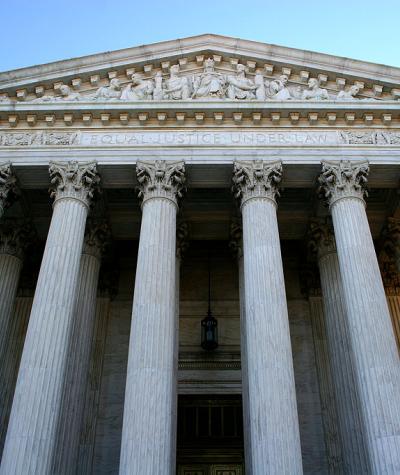In a 5-4 ruling in Husted v. APRI, the U.S. Supreme Court upheld an Ohio voter purge practice that removes infrequent voters from the registration rolls. The decision creates a danger that other states will pursue extreme purging practices to disenfranchise millions of eligible voters across the country.
In APRI, Ohio asked the Supreme Court to overturn a federal appeals court decision that found an Ohio practice of targeting registrants who have not voted in a two-year period for removal from the voter rolls — when there is no evidence that the voter has become ineligible — violates a federal law known as the National Voter Registration Act (NVRA). The Court assented to Ohio’s request, holding that the state’s process does not violate the NVRA’s prohibition on using non-voting as a basis for canceling registrations because, although the state indeed targets eligible voters who have not voted recently, the non-voting is not “the sole criterion” for removing a registrant.
In 2015 alone, hundreds of thousands of infrequent voters were purged from Ohio’s voter rolls. Over 40,600 registrants in the state’s largest county, Cuyahoga, were removed under the process allowed by the Supreme Court today. The majority of these registrants lived in low-income communities and communities of color.
Our democracy weakens when states are permitted to take actions that discourage voter participation. By constructing obstacles that make voting more difficult, Ohio is sending the wrong message to its citizens.
CLC filed a friend-of-the-court brief in the case. CLC's Vice President of Litigation and Strategy Paul Smith argued the case before the U.S. Supreme Court.
